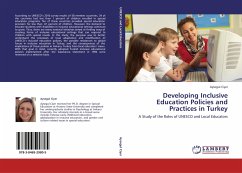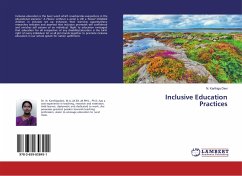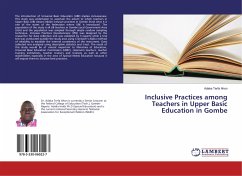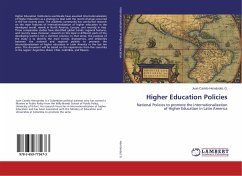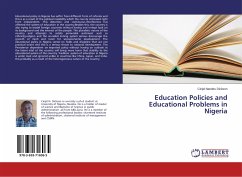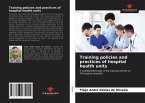According to UNESCO s 2010 survey results of 58 member countries, 34 of the countries had less than 1 percent of children enrolled in special education programs. Ten of these countries provided special education provision for less than .01 percent of children. However, the demand to educate students with disabilities in inclusive educational settings continues to grow. Thus, there are many national initiatives aimed at finding ways of creating forms of inclusive educational settings that can respond to children with special needs. In this study, the purpose was to better understand the processes of local adaptation and modification of UNESCO s inclusive education policies, the possible resistances to global forces in inclusive education in Turkey, and the consequences of the implications of those policies in Ankara, Turkey from local educators views. With that goal in mind, recently adopted Turkish inclusive educational policies implemented after the Salamanca Statement in 1994 were reviewed on a selective basis.
Bitte wählen Sie Ihr Anliegen aus.
Rechnungen
Retourenschein anfordern
Bestellstatus
Storno

